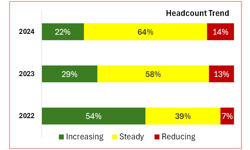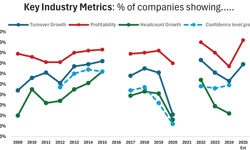Companies are scored on their climate change disclosure based on the responses to CDP’s questionnaire which focuses on greenhouse gas emissions, emissions reduction targets and risks and opportunities associated with climate change.
The CDLI Nordic comprises the top scoring 10% of companies in CDP's Nordic 200 analysis. High scores indicate good internal data management and understanding of climate change related issues affecting the company.
As a bio and forest industry company, UPM has several strengths related to the carbon lifecycle. UPM's business is based on sustainable raw materials, recyclable products with low carbon footprint and renewable low carbon energy sources. Since the early 1990's, UPM has invested over one billion euros in new mill site biomass-fired power plants and recovery boilers.
These long-term investments have reduced fossil CO2 emissions by 40% per tonne of paper.
"We have a very good track record when it comes to reducing green house gases. For example changes in the fuel mix and improved energy efficiency resulted in a 12% decrease in fossil CO2 emissions per tonne of paper in 2008 compared to 2007", said Anja Silvennoinen, Senior Vice President of UPM's Energy Business Area.
About UPM
UPM says: “UPM leads the integration of bio and forest industries into a new, sustainable and innovation-driven future. Our competitiveness is based on cost leadership and change readiness. Our products are made of renewable raw materials and are recyclable. UPM consists of three Business Groups: Energy and pulp, Paper, and Engineered materials. The Group employs around 24,000 people and it has production facilities in 14 countries. In 2008, UPM's sales amounted to EUR 9.5 billion. UPM's shares are listed on the Helsinki stock exchange.”










